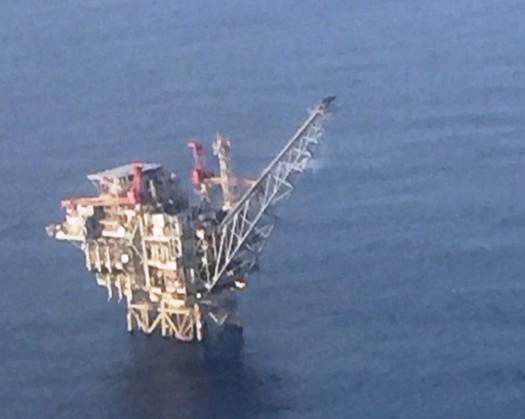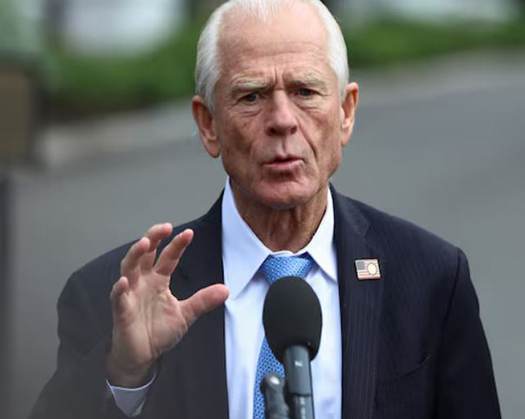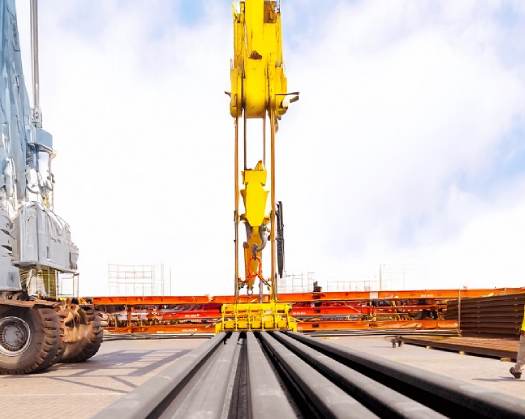Tokyo has formally protested China's unilateral attempts to exploit gas fields in contested waters of the East China Sea, highlighting the precarious state of regional resource cooperation, according to Beijing.
The Ministry of Foreign Affairs of Japan highlighted the building of a new structure west of the in a statement released Monday night, according to Al Jazeera. the suggested maritime boundary's median line for Tokyo.
The ministry lamented that, despite the indisputable reality that claims to both the Exclusive Economic Zone (EEZ) and the continental shelf remain unanswered, China is continuing to pursue unilateral development in the region.
The reports by Al Jazeera stated that Shi Yong, the director general of the Asian and Oceanian Affairs Bureau, received a stern objection from Kanai Masaaki. the deputy head of the Chinese mission in Tokyo. Additionally, he urged Beijing to restart talks about putting the 2008 agreement, which was intended to allow for the shared use of resources in the East China Sea, into effect.
Since late 2010, when a Chinese fishing vessel collided with two Japanese Coast Guard ships close to the, discussions regarding the 2008 agreement have been halted. The Senkaku Islands and the resulting tensions have mostly stifled collaboration. The most recent complaint from Tokyo comes after similar demonstrations in May and June, during which Japanese officials discovered Chinese-made facilities in the same area.
The report, citing Al Jazeera, emphasizes that Beijing has not officially responded to the most recent protest but has previously defended its exploration. by claiming that it occurs in waters under China's jurisdiction that are beyond dispute.
Al Jazeera's supplementary coverage indicates that about 21 potential drilling rigs have been placed on the Chinese side of the de facto border. This caused Japan to request the resumption of discussions by invoking the 2008 agreement. In contrast, China has refuted Japan's claims that there is no basis for them and reaffirmed its dedication to carrying out the previous agreement on resource collaboration in the East China Sea.
Al Jazeera emphasizes that the stakes are still high: bilateral trust and energy security are contingent upon both parties abiding by diplomatic frameworks. Rising impatience and the pressing need to manage shared resources before tensions rise further are reflected in Tokyo's strong protest and repeated call for talks.









